Astrobiology: The Search For Life On Asteroids

Introduction
The search for extraterrestrial life has been a topic of fascination for many years. Numerous studies have been conducted to determine the potential presence of life on other planets. However, recent research suggests that asteroids could also be promising candidates for supporting life. In this article, we will explore the latest findings in astrobiology and the search for life on asteroids.
The Origins of Asteroids
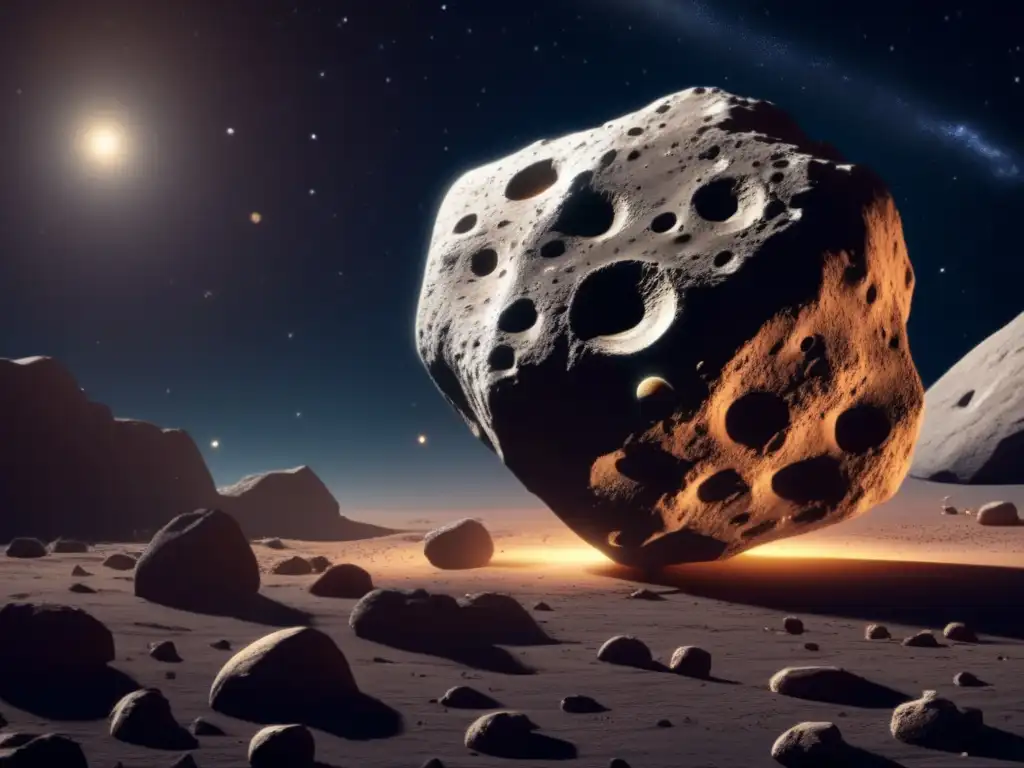
The Formation of the Solar System
Asteroids are remnants of the early solar system, formed over 4.6 billion years ago. They are mostly made up of rock and metal and are often referred to as "minor planets." Scientists believe asteroids were created during the formation of the solar system, when the gravitational pull of Jupiter prevented the formation of a planet between Mars and Jupiter.
The Diversity of Asteroids
Asteroids come in a wide range of shapes and sizes, from small rocky fragments to large masses several hundred kilometers wide. Some asteroids contain valuable resources like metals and water, which could be useful for future space missions. Others are thought to be remnants of comets that have lost their volatile compounds through repeated passes near the sun.
Asteroids and the Origins of Life
The building blocks of life, such as amino acids and other organic compounds, have been found on some asteroids. This has led scientists to hypothesize that asteroids may have played a role in the origins of life on Earth. It is possible that these organic molecules were delivered to Earth via asteroid impacts, providing a starting point for life to develop.
The Potential for Life on Asteroids
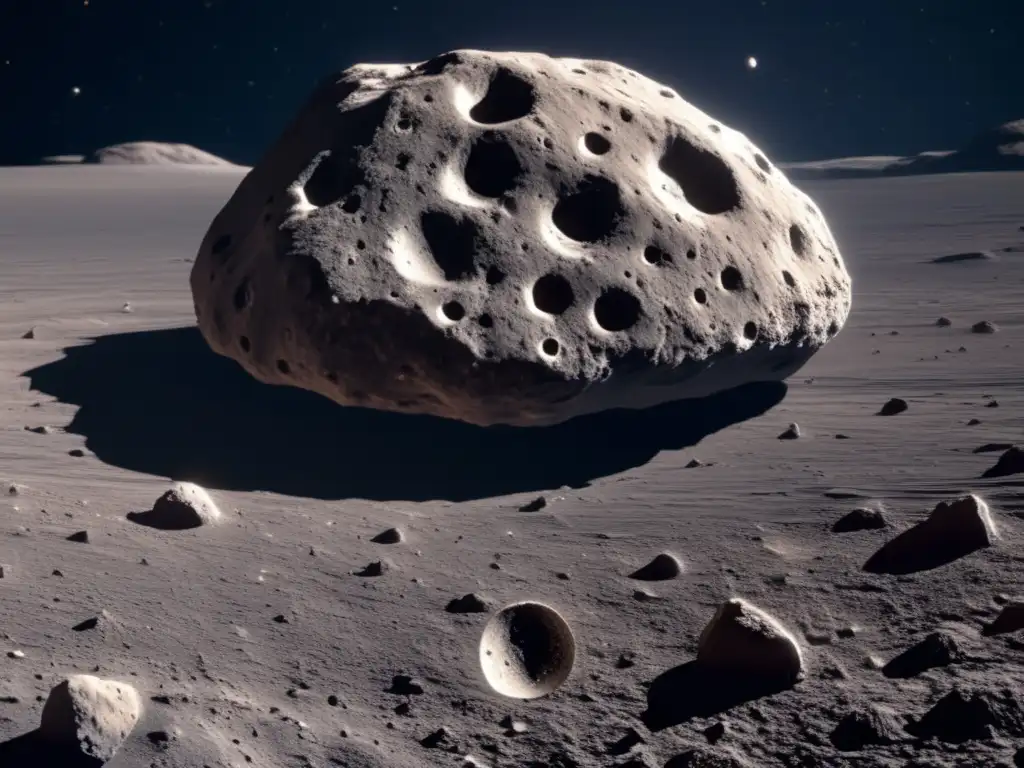
The Importance of Water
Water is essential for life as we know it. While many asteroids are dry, some contain water in the form of ice. In fact, recent observations have shown evidence of water on several asteroids, including Ceres and Vesta. Water provides a potential habitat for microorganisms and other forms of life, making these asteroids a prime target for astrobiologists.
The Role of Minerals
Minerals found on asteroids, such as serpentine and olivine, can be used by microorganisms as sources of energy. Some minerals may even contribute to the creation of organic compounds necessary for life. Additionally, certain types of bacteria have been found to thrive in extreme environments, such as those found on asteroids, suggesting that life may be able to exist in more extreme conditions than previously thought.
Challenges to Finding Life on Asteroids
Finding evidence of life on asteroids presents numerous challenges. The harsh conditions of space, including extreme temperatures and high radiation levels, make it difficult for life to survive. Additionally, because scientists have only begun to scratch the surface in terms of asteroid exploration, there is still much we don't know about these celestial bodies and their potential for supporting life.
The Future of Astrobiology and Asteroid Exploration
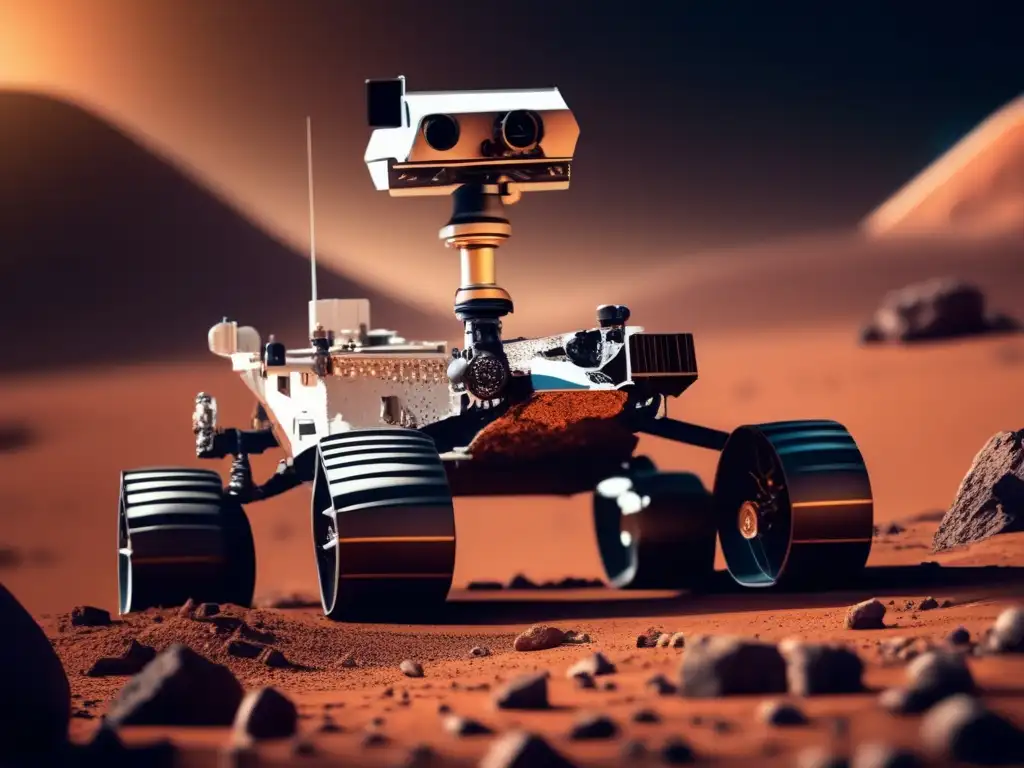
Missions to Explore Asteroids
NASA's OSIRIS-REx spacecraft is currently exploring the asteroid Bennu, with the goal of returning samples back to Earth for analysis. The Japanese space agency JAXA successfully landed the Hayabusa2 spacecraft on the asteroid Ryugu and returned samples in 2020. These missions will provide valuable insights into the composition of asteroids and their potential for supporting life.
The Need for Further Research
While the potential for life on asteroids is exciting, much more research is needed to determine the true extent of their habitability. Studies on how microorganisms survive in extreme conditions will be critical in understanding the potential for life on these celestial bodies. Additionally, continued exploration of asteroids will provide more data on their composition and suitability for life.
Frequently Asked Questions
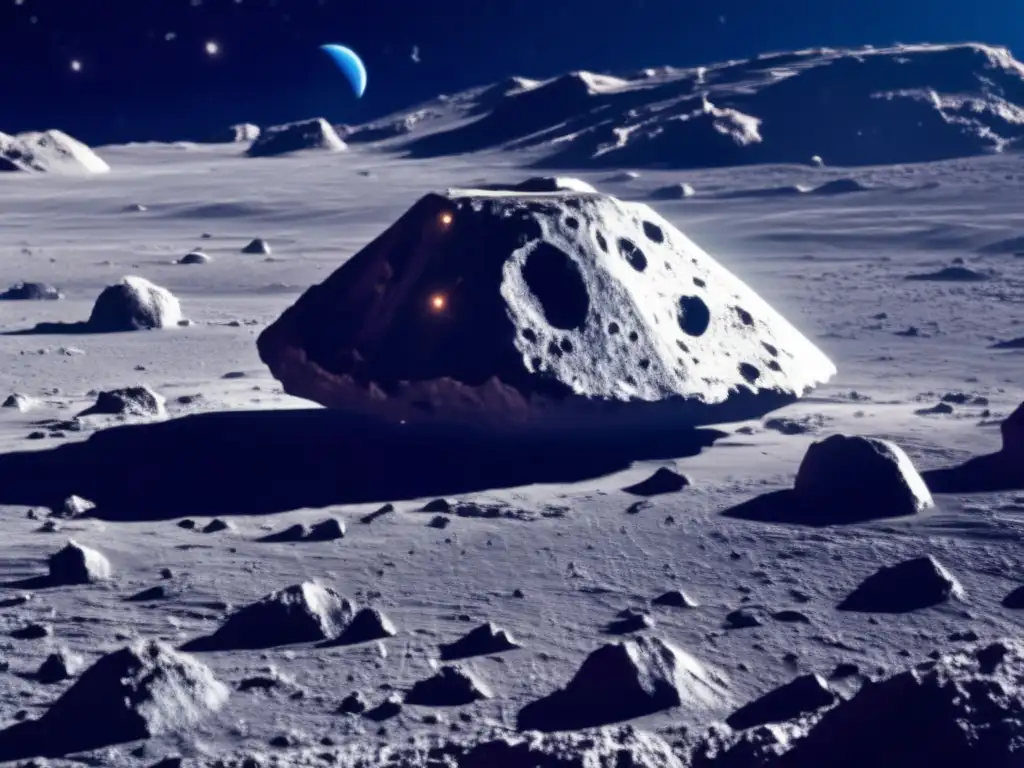
-
Could there be life on an asteroid?
While it is still unknown if life exists on asteroids, recent research has shown that some asteroids contain water and organic compounds, which are necessary for life as we know it.
-
What kind of microorganisms could survive on an asteroid?
Extremeophile microorganisms, which can survive in harsh environments like those found on asteroids, include thermophiles, halophiles, acidophiles, and psychrophiles.
-
How do scientists study asteroids?
Scientists use a variety of methods to study asteroids, including telescopes, spacecraft missions, and spectroscopy, which analyzes the light reflected off an object to determine its composition.
-
What does the future hold for asteroid exploration?
As technology improves, we can expect more advanced spacecraft missions to asteroids, including sample returns and human missions. These missions will provide more data on the potential for life on these celestial bodies.
-
Can asteroids impact Earth and cause mass extinctions?
Yes, asteroid impacts have been linked to mass extinctions in the past, including the extinction of the dinosaurs. However, NASA and other space agencies are continually monitoring potentially hazardous asteroids and developing strategies to mitigate any potential impact.
Conclusion
Astrophysics is a rapidly evolving field, and the search for life on asteroids continues to be an exciting area of study. While much remains unknown about the habitability of asteroids, recent research has shown promising signs that these celestial bodies could support life. Continued exploration and research will provide valuable insights into both the origins of life and the potential existence of extraterrestrial life.
Don't hesitate to share your thoughts on the topic in the comments section below. Thanks for reading.
Additional Resources
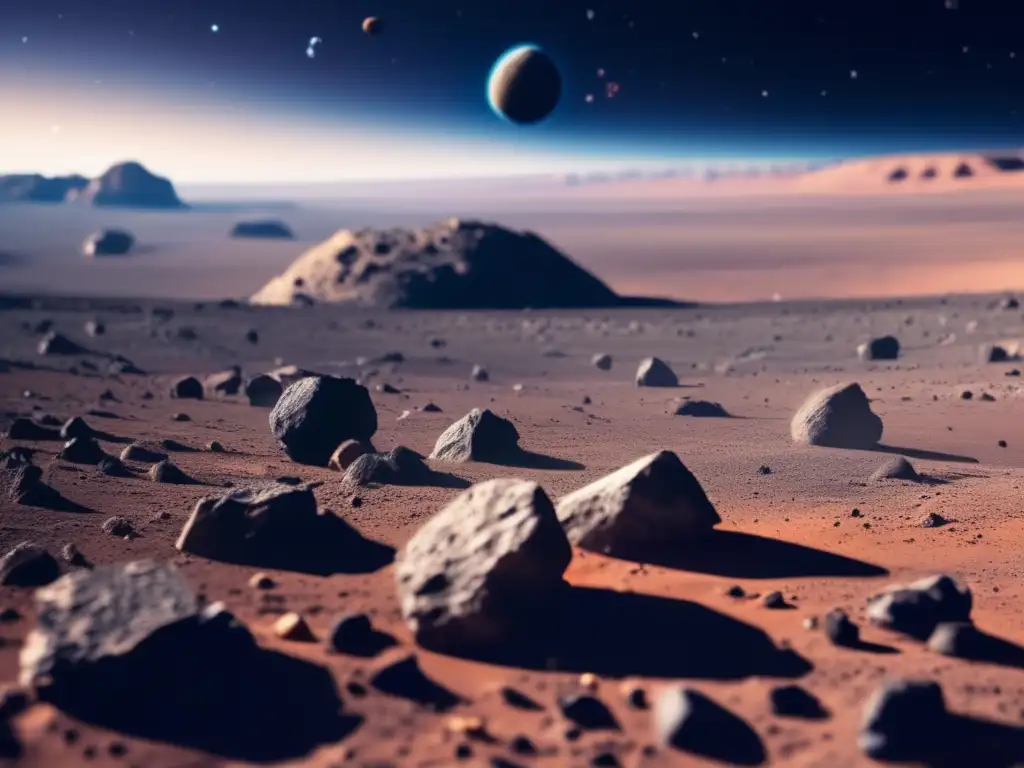
For further information on asteroids and astrobiology, check out these resources:
- NASA's in-depth information on Asteroids
- Space.com's astrobiology coverage
- NASA's Astrobiology Program
- Nature's astrobiology research articles
 Life's Cosmic Carousel: Asteroids As Vehicles For Panspermia
Life's Cosmic Carousel: Asteroids As Vehicles For Panspermia Seeding Life Across The Universe: The Role Of Asteroids
Seeding Life Across The Universe: The Role Of Asteroids Asteroids: Potential Carriers Of Primordial Life
Asteroids: Potential Carriers Of Primordial LifeIf you want to discover more articles similar to Astrobiology: The Search For Life On Asteroids, you can visit the Asteroids and Extraterrestrial Life category.
Leave a Reply

Articulos relacionados: